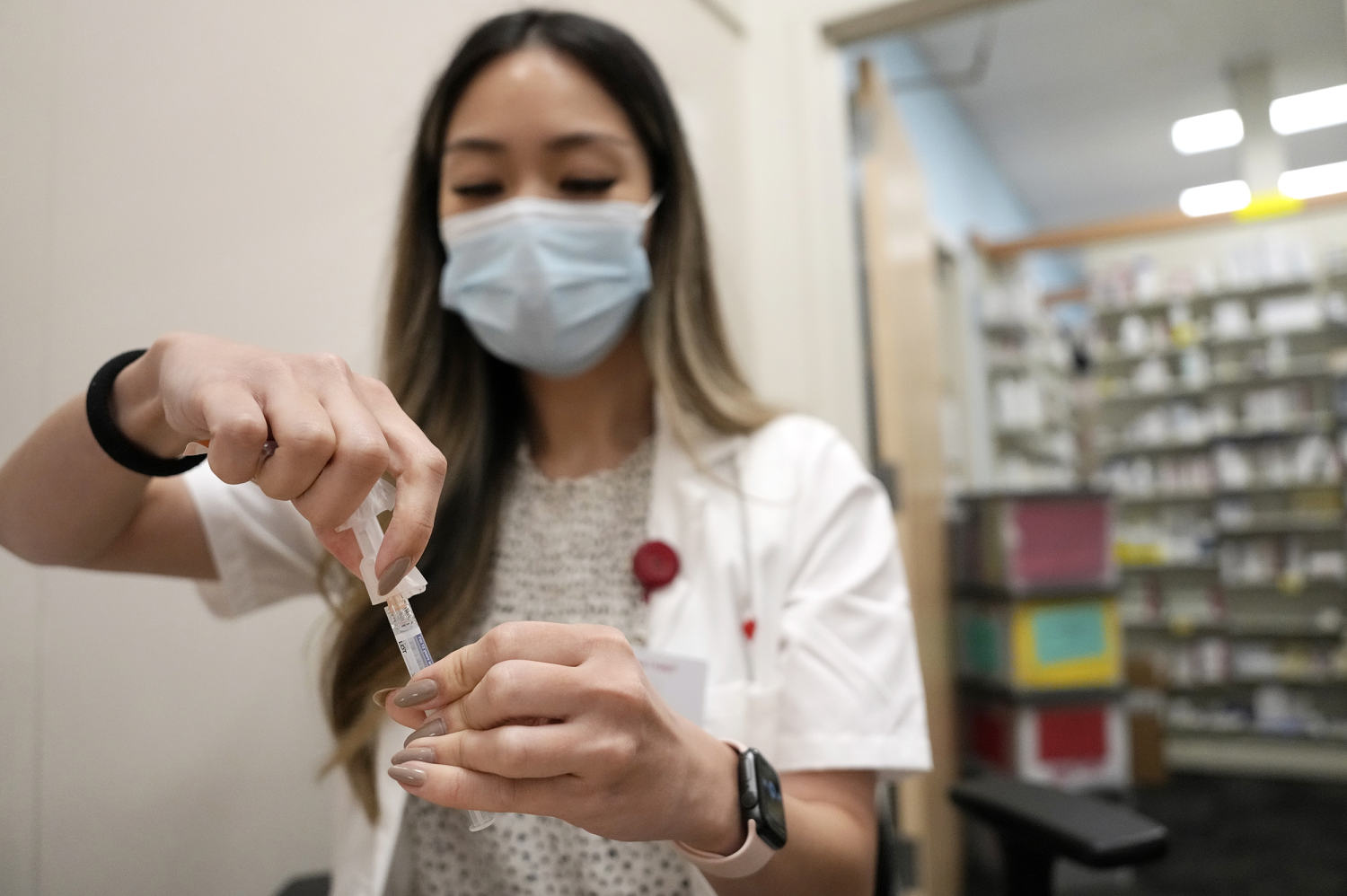With Covid cases surging this summer, the upcoming rollout of updated vaccines in the fall raises an important question: Will they arrive in time to make a difference? Covid waves haven’t followed a seasonal, predictable pattern like the flu, which typically starts spreading in the fall and peaks in late winter and spring. Flu shots, which take two weeks to be fully protective, are generally recommended in September or October. The new Covid vaccines, which target the KP.
2 strain, a descendant of the highly contagious JN.1 variant that emerged last winter, are expected to be distributed in the coming weeks. Even if the vaccines are available within the next month, immunologists and infectious disease experts don’t expect them to have much effect on the current summer wave.
The shots will be important, however, as the U.S. heads into the fall and winter, when cases usually rise again.
“History tells us that if there’s going to be a new, significant major wave of Covid, it’s more likely to come in the fall than at this time this year,” said John Moore, a professor of microbiology and immunology at Weill Cornell Medical College. “In 20/20 hindsight, could it have been done earlier? It’s really hard to critique the current plan because it’s both logical and reasonable.” “You’re kind of damned if you do and damned if you don’t,” he added.
Covid can surge throughout the year , according to the Centers for Disease Control and Prevention. Data from the fou.


















